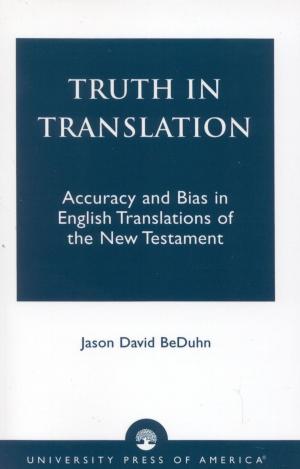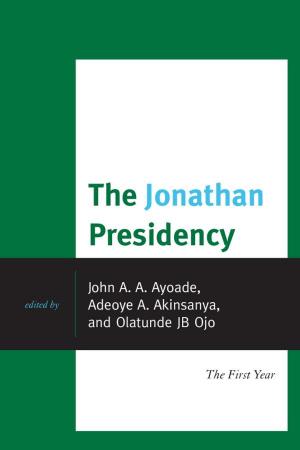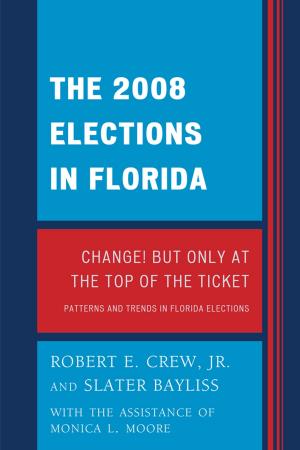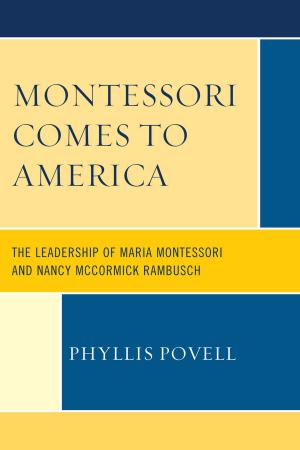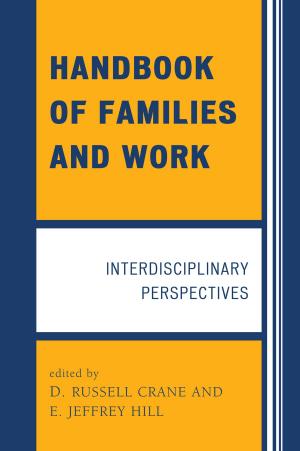The Making of an African King
Patrilineal and Matrilineal Struggle Among the Effutu of Ghana
Nonfiction, Social & Cultural Studies, Social Science, Cultural Studies, Ethnic Studies, African-American Studies| Author: | Anthony Ephirim-Donkor | ISBN: | 9780761847793 |
| Publisher: | UPA | Publication: | August 4, 2009 |
| Imprint: | UPA | Language: | English |
| Author: | Anthony Ephirim-Donkor |
| ISBN: | 9780761847793 |
| Publisher: | UPA |
| Publication: | August 4, 2009 |
| Imprint: | UPA |
| Language: | English |
The Making of An African King is a study examining the causes of the kingship internecine struggle among the Effutu by exploring the two traditional systems of succession, the patrilineal and the matrilineal, among the Effutu (Awutu-abe), and how best to end political violence. Kingship or chieftaincy disputes in Ghana may begin as rivalry among members of the same family, or when ineligible elders are elected caretaker kings because of their invaluable services to a royal family. However, upon the demise of the caretakers, their descendants refuse to cede power back to the royal family; thus creating protracted power struggles. This is exactly the situation among the Effutu. Fortunately, new information became available when the author was researching in Ghana from 1997-1999. As a result, this edition provides for the first time accounts of colonial administrators about the royal internecine struggle, in ways that confirm Awutu orthodoxy and put concocted histories, false genealogies, and outright lies to rest.
The Making of An African King is a study examining the causes of the kingship internecine struggle among the Effutu by exploring the two traditional systems of succession, the patrilineal and the matrilineal, among the Effutu (Awutu-abe), and how best to end political violence. Kingship or chieftaincy disputes in Ghana may begin as rivalry among members of the same family, or when ineligible elders are elected caretaker kings because of their invaluable services to a royal family. However, upon the demise of the caretakers, their descendants refuse to cede power back to the royal family; thus creating protracted power struggles. This is exactly the situation among the Effutu. Fortunately, new information became available when the author was researching in Ghana from 1997-1999. As a result, this edition provides for the first time accounts of colonial administrators about the royal internecine struggle, in ways that confirm Awutu orthodoxy and put concocted histories, false genealogies, and outright lies to rest.






